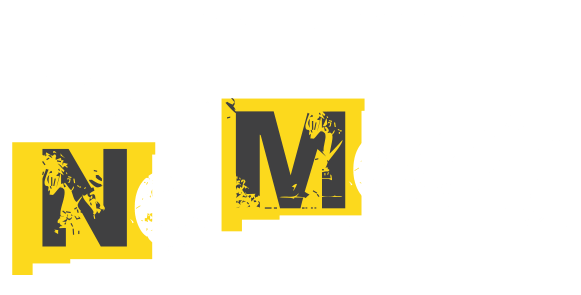I recently read a review piece in the Wall Street Journal about ways to Counteract The Power of Negative Thinking and am enthralled by what I read! Interestingly, our brains skew to the negative as a survival mechanism, which is great if you need to flea or flight from a situation, not so good for everyday living. “Studies showed that bad health or bad parenting makes much more difference than good health or good parenting.” So, without further ado, I’m going to highlight the best parts of the article, for me:
- PTSD is often referenced as a side-effect of trauma, but “post-traumatic growth, is actually more common. Most people who undergo trauma ultimately feel that the experience has made them a stronger and better person.”
- Avoiding bad is far more important than doing good.
- A negative event or emotion usually has at least three times the impact of a comparable positive one. It takes four good things to overcome a bad thing!
- Upside of the negativity effect is its power to teach and motivate. The self-esteem movement—one of the sorry mistakes in psychology—left many parents reluctant to criticize or penalize children, and the everybody-gets-a-trophy philosophy has produced rampant grade inflation in high school and college.
- To get the full value of a joy, you must have somebody to share it with—one of the most effective ways to become happier! Provided, that is, that the recipient responds enthusiastically to your news. So share with friends and fake it if you aren’t enthusiastic about their news! 😊 sharing good needs makes the triumph more significant, and therefore memorable and more likely to be recalled later.
- One reason that happiness increases beyond middle age is that older people spend more time savoring good memories instead of obsessing about today’s worries.
- By rationally looking at long-term trends instead of viscerally reacting to the horror story of the day, you’ll see that there’s much more to celebrate than to mourn.
Minimize the negative, accentuate the positive, live well!
